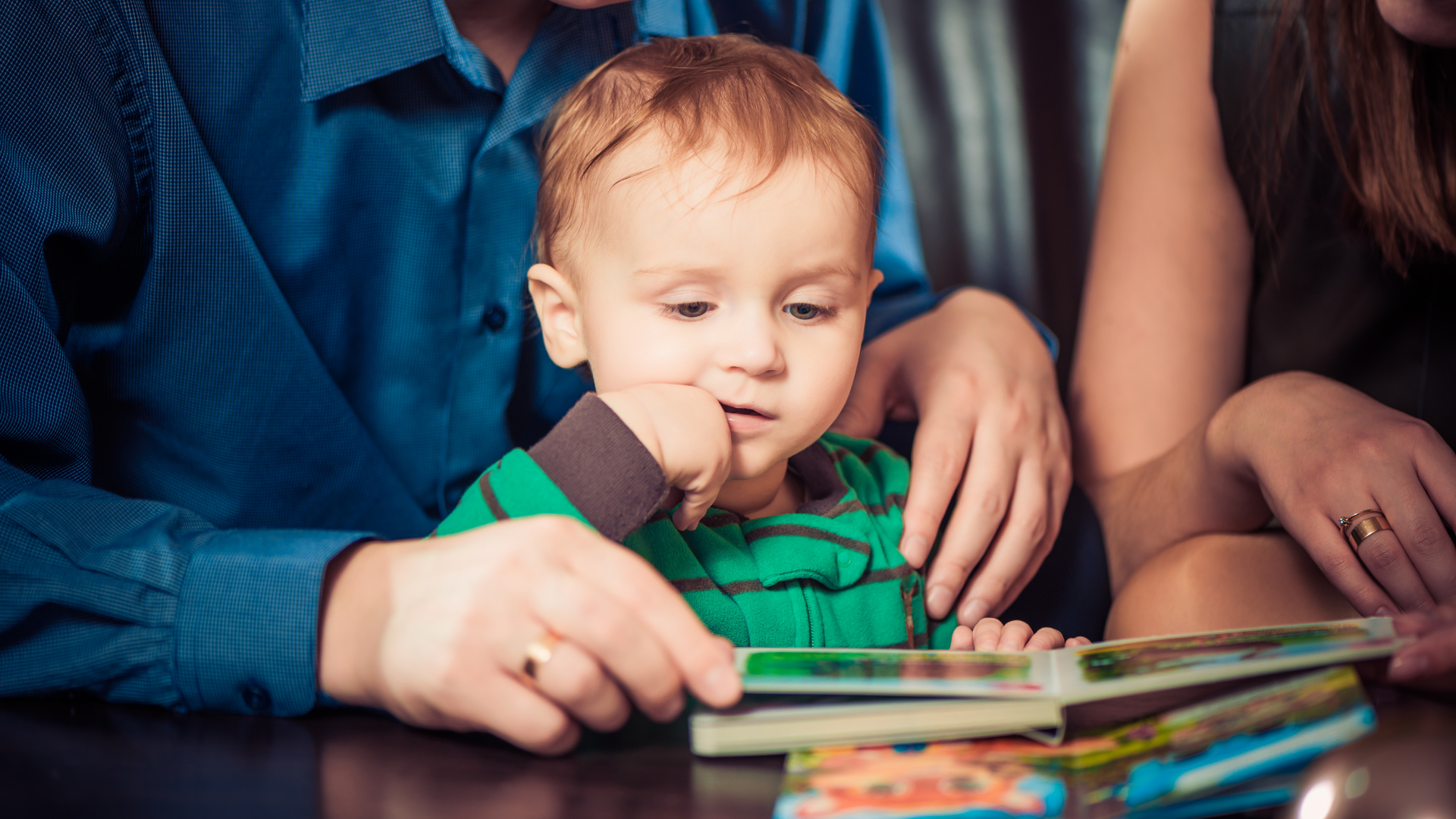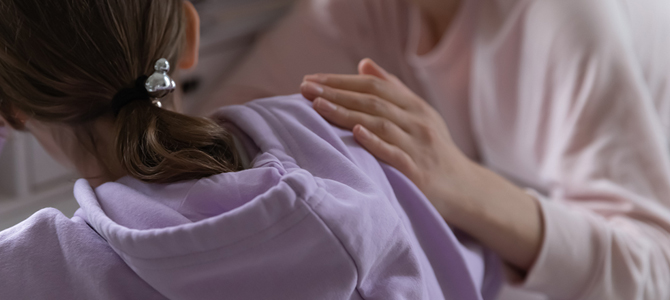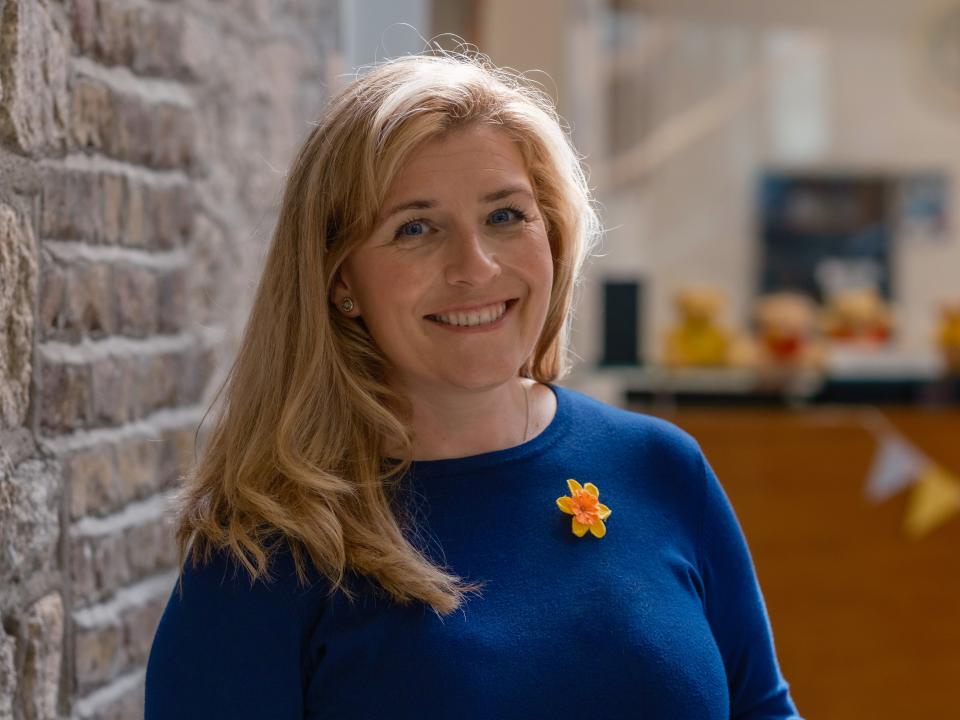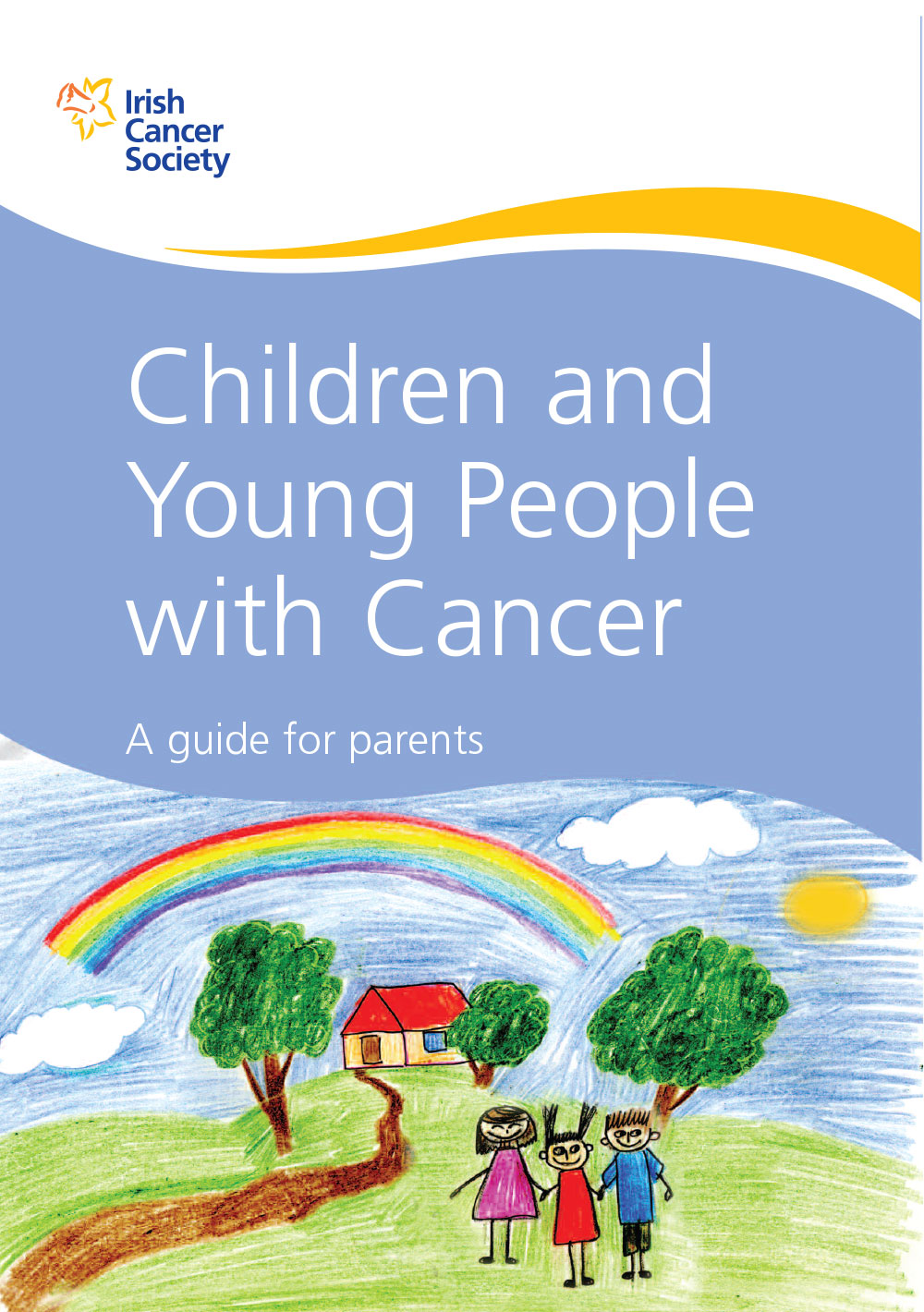Children's cancer
If your child has been diagnosed with cancer or you're worried about children's cancer, we have information and support to help.
Cancer is rare in children
Around 190 children under the age of 16 and around 70 teenagers aged between 15 and 19 are diagnosed each year in Ireland.
Children's cancers are different to adult cancers
They often affect different parts of the body and behave differently. The most common tumours in children are brain and central nervous system tumours.
In most cases we don’t know why children get cancer
Unfortunately, there is nothing a parent can do to prevent childhood cancer, as the risk factors linked to childhood cancers are not things we can control.
Symptoms and diagnosis
Although cancer is rare in children, it’s important to know the symptoms and get any unusual changes checked by your GP.
Always speak to your GP if your child has symptoms that are unusual for them, unexplained or won't go away.
What happens after a diagnosis?
Staging describes where the cancer is and if it has spread.
Grading describes the cancer cells – what they look like and how quickly they might grow.
Knowing the stage and grade of your child's cancer will help the medical team plan the best treatment for them.
You and your child are likely to meet many different people working in the hospital. We have information on all of the different professionals who may make up your child's team.
Perhaps one of the hardest parts of caring for a child with cancer is knowing what to say and how much information to give them and other loved ones. Your first instinct is always to protect your child, but it's important to include your child and build trust. It's best to be honest with your child and use clear, age-appropriate information.
A childhood cancer diagnosis affects the whole family. We have lots of resources to help you cope practically and emotionally here.
We also have a range of supports and services that can help please just reach out today.

Tests
Children's cancer tests can diagnose cancer or give more information about your child's cancer and their health.
Treatment
Side-effects

The side-effects your child might get depend on the type of treatment, the dose, how long they have treatment for and how their cancer is affecting their body.
Read more
Adolescents and young adults
Are you an adolescent or young adult with cancer?
We have lots of services and information available to help you cope with a cancer diagnosis as a young person.
Talk to a Cancer Nurse

Support Line
In-hospital support


